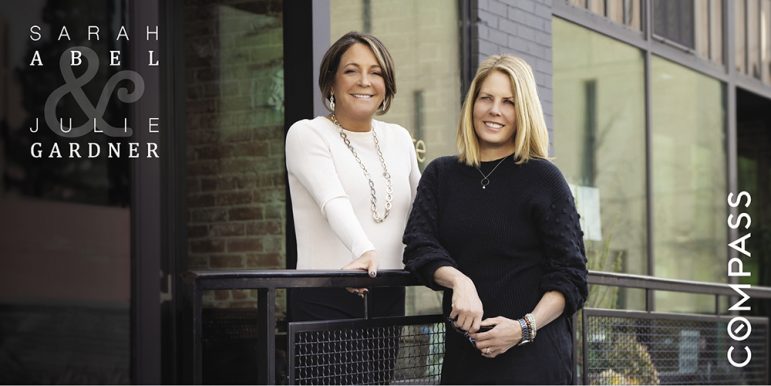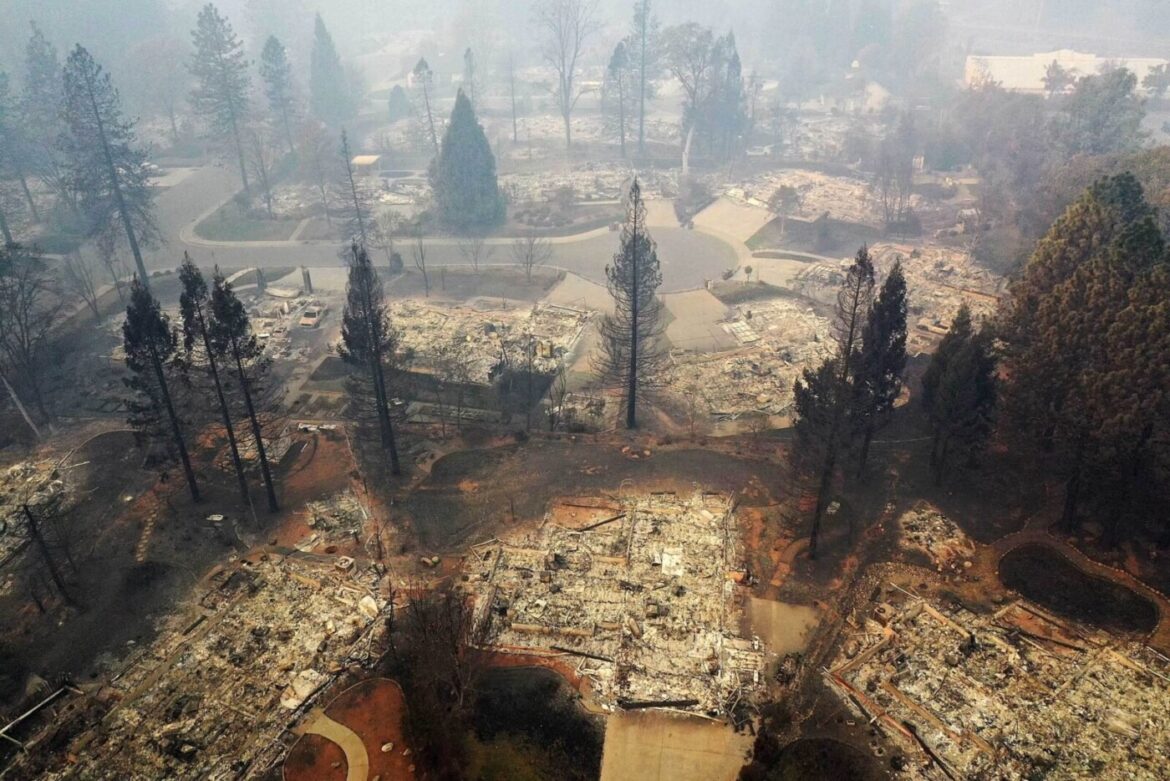Understand the risks when you purchase a home in a fire zone.
[SPONSORED]
The personal stories of one Realtor’s battles and triumphs in the highly-competitive Bay Area Real Estate Market, seeking to illuminate and humanize the very real ups-and-downs of homeownership.
“We’ve spent so many wonderful years at Fallen Leaf Lake and hope your cabin is safe,” the email read. “We’re sending our prayers.”
Thank you; we appreciate that. In truth, I hadn’t been paying much attention to the fires until that unexpected email arrived, followed closely by several others. (Ignorance is bliss.) Now, Cliff and I are checking the fire reports regularly.
With more than 94 fires spreading rapidly across 12 western states, whole communities have been evacuated, and unfortunately, there’s no end in sight to what’s become an all-too-familiar and annual phenomena. The Caldor Fire which is moving towards the Tahoe Basin and has now jumped highway 50, has scorched more than 197 square miles (510 square kilometers) and destroyed at least 461 homes in the Sierra Nevada, southwest of the lake. Currently, the fire is only 11% contained and threatens more than 17,000 additional structures. With soaring temperatures and dry weather expected this weekend, things can only go from bad to worse.
That’s not good news.
But aside from praying for rain and making a donation to the firefighting efforts, there’s not much either Cliff or I can do about a wildfire of this magnitude, and we certainly won’t be rushing up to the lake to try and pull anything from the house (it’s just furniture). The firefighters have enough on their hands without having to manage people and traffic as well.
“No one will let Tahoe burn,” our property manager, Josh, assured us. “The lake is too vital and valuable a resource.”
Let’s hope he’s right.
That being said, it may not be up to our undermanned and outpaced firefighters when it comes to Mother Nature. Sadly, fires have become too commonplace in California, Oregon, Washington, Nevada, and throughout the western states, with extended drought creating the perfect conditions for these mega blazes. By contrast, the 2007 Angora fire that actually did threaten Fallen Leaf Lake consumed five square miles before it was contained, as compared to 197 miles – and counting!
Insurance rates in fire zones
With stats like these, it’s no wonder that insurance companies are continuing to deny fire insurance in high-risk areas, and indeed, any area that may be questionable down the road. Here in the East Bay, many homeowners in the Oakland, Berkeley, and Orinda hills have been hit with higher rates or have received notices of “cancellation” even though a claim was never made, leaving homeowners to scramble for insurance at much higher rates. That’s unfortunate but unavoidable in California’s arid landscape, so consider this your warning if the hills are calling your name.
While not every home will identify within a “high-fire zone,” per the Natural Hazards Disclosure – a document now required by law when selling a home – these topographical maps are drawn with extremely broad brushes so many in fact, do. Make sure you read it! It’s important to establish whether the house you’re interested in is insurable, and at what cost, before placing a non-contingent offer on the property. “Non-contingent” means exactly that; there will be no recourse or backing out based on any new discovery on the property, including the fact that it may cost several thousand dollars a year MORE than you budgeted to insure it!
Understand the risks
So while I believe people will continue to buy and build homes in high-risk areas, it’s important to do so with a clear understanding of the risks involved, and the price to mitigate those risks. When it comes to homeownership and protecting the things we love, ignorance most definitely ISN’T bliss. You gotta know the facts.
How can we help you?
Julie Gardner & Sarah Abel | Compass Realty
Not just Realtors, but consultants in all things house and home, we’re here to educate, explore, examine and refer . . . In short, you may count on us to take care of your home as if it were our own and anyone who knows us, knows we take pretty darn good care of our homes.
Learn MORE

